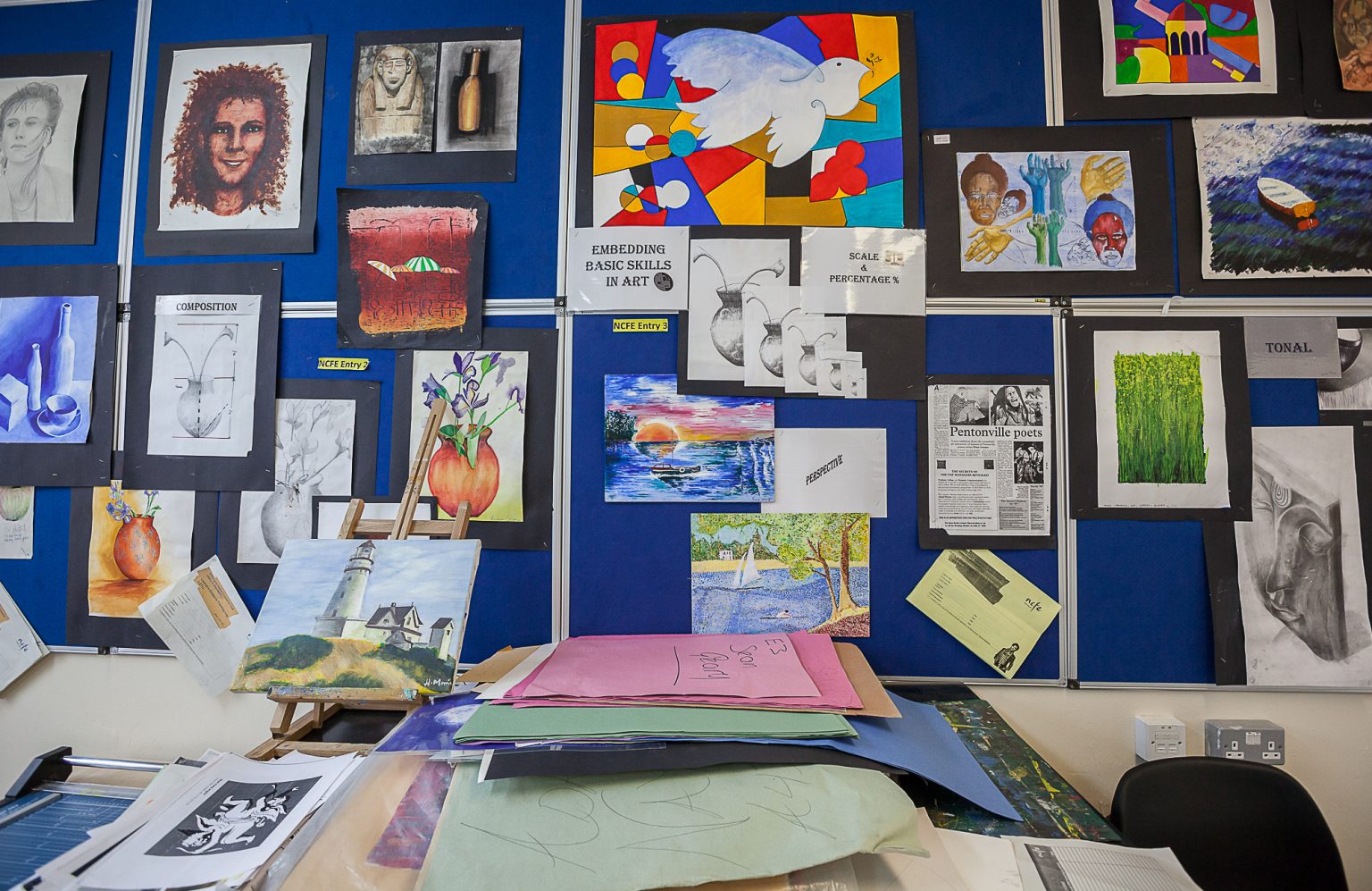
Young Offender Institutions (YOIs) in England are taking too long to recover from the pandemic, according to the Independent Monitoring Boards (IMBs) Annual Report.
IMBs are an important part of the independent oversight of prisons.
The report outlines several issues with the provision of education to children in prison. For instance, while education for children under 18 is a statutory requirement, the report found that provision in YOIs was “unsatisfactory and under-resourced, with last-minute cancellations of sessions”. Not only does this undermine young people’s learning, but it also disrupts children’s chances of returning to the community successfully.
IMB members are a regular presence: visiting the establishment, monitoring the treatment and conditions of prisoners, reporting what they find to those running the prison, and dealing with queries and concerns from individual prisoners. They are unpaid but have statutory powers that grant them unrestricted access. Their findings are captured in their published annual reports.
A concerning picture before the pandemic
The IMB report also highlighted the problems children have had accessing education in prison, even before the pandemic.
While high levels of educational attainment were reported at HMYOI Cookham Wood, access to education was restricted due to slow movements off the wings and lockdowns caused by staff shortages. On top of this, the physical environment was “poorly equipped and rundown” – discouraging young people from engaging with learning.
As many children have had a poor experience in formal school settings, practical subjects are often more popular than classroom-based learning. The report highlights that this is not properly addressed by the current approach and suggests that less conventional settings outside of the classroom need to be considered to help young people gain the necessary practical skills to find a job post-release.
Long periods locked up alone
While the provision of education was ‘inconsistent’ prior to Covid, during the pandemic delivery was worse.
During the first national lockdown, some under-18 establishments provided very little education; in-cell provision was “woefully lacking and poorly delivered”, largely consisting of distraction packs rather than learning materials which were delivered to rooms or “dumped” on wings.
While provision did slowly begin to improve, it was not at the same rate as in the community and still fell well short of the level and standard maintained prior to the pandemic. Shockingly, the IMB report stated that in all four YOIs children spent at least 22 hours a day locked in their room, with their progression abruptly put on hold.
Recovery is too slow
Many of the YOIs are still not showing enough signs of improvement.
Even after accounting for regional differences caused by Covid outbreaks and related staffing issues, time out of room varied across the estate. At HMYOI Cookham Wood, the Board repeatedly raised concerns about the most severe YOI lockdown – during 2020 some children were out of their rooms for only 40 minutes a day – and the consequent impact on mental health.
Despite the gradual restoration of face-to-face education from mid-July last year, young people continued to eat in their rooms rather than being permitted to interact with others.
After many months of the pandemic, it is apparent that some education providers had not taken an innovative approach to delivery – drastically impacting children’s access to education and failing to provide the skills needed to find work upon release.
What needs to change?
Simply put, we would like more action. The recovery from the effects of the pandemic has been too slow and the life chances of children in prison are only getting worse.
We would like to see education providers adopt a more creative approach to delivery – including broadening the curriculum and offering education outside of the classroom.
Learning could be embedded in other activities – including sports, creative pursuits and life skills – which would increase engagement and achievement. Staffing needs to increase and children need to be out of their rooms for reasonable periods of time, so that they can access classrooms and lessons.
Prisons have a duty to provide education and children have a right to receive it. Change is needed, and urgently, if we are going to avoid poor outcomes for the children in our prisons.
Education is fundamental to children’s personal, social, and academic development. The children in our prisons deserve better.